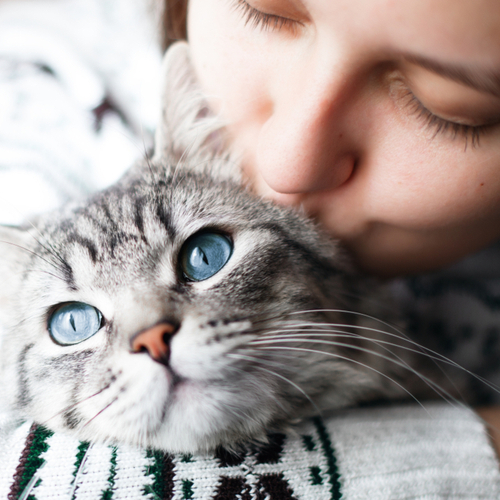16 January 2024
 The University of South Australia (UniSA) is offering the country’s first online course in human-animal relationships in response to a growing body of global scientific evidence of the therapeutic value of animals.
The University of South Australia (UniSA) is offering the country’s first online course in human-animal relationships in response to a growing body of global scientific evidence of the therapeutic value of animals.
The 10-week course offered by UniSA Online is targeted mainly at health professionals interested in learning how relationships with animals affect people’s lives.
The course is also open to anyone who wants to learn more about the centuries-old bond between animals and humans.
Human and Animal Relationships in Society will cover topics exploring the positive and negative aspects of pets and human interactions; assistance and therapy animals; risks and ethical issues involving human and animal engagements; First Nations people and their traditional relationship with animals, including as spiritual emblems; and government policy implications.
UniSA facilitator Dr Janette Young, says the UniSA Online course is filling a gap in the university sector that neither human or animal focused degrees cover: the burgeoning area of human-animal relationships in health and social care settings.
“Health professionals are discovering the immense value of incorporating animal understandings into their interactions with clients, realising that animals can often have a unique positive effect that is different to engaging with just other humans,” Dr Young says.
“Allied health practitioners such as occupational and speech therapists are also being asked to assess patients for an assistance dog, for example, but they don’t have any training in this area, and this course will contribute to filling that gap.”
Animal lovers enrolling in the course will also learn more about the history of pets and humans, the good, the bad and the sad (human violence, homelessness and suicide), and the impact of bushfires and climate change on animals in Australia.
“While much of this can be positive, there is a need to understand the complexities and sometimes more negative sides of these relationships, so that professionals can help both humans and animals to flourish.
The online course sits within UniSA’s Public Health program and can be undertaken by first year undergraduate students, or as a single standalone course.
Two intakes are available in 2024 in April and September. For more information, visit https://online.unisa.edu.au/courses/173030
………………………………………………………………………………………………………………………
Media contact: Candy Gibson M: 0434 605 142 E: candy.gibson@unisa.edu.au
Researcher: Dr Janette Young E: janette.young@unisa.edu.au



